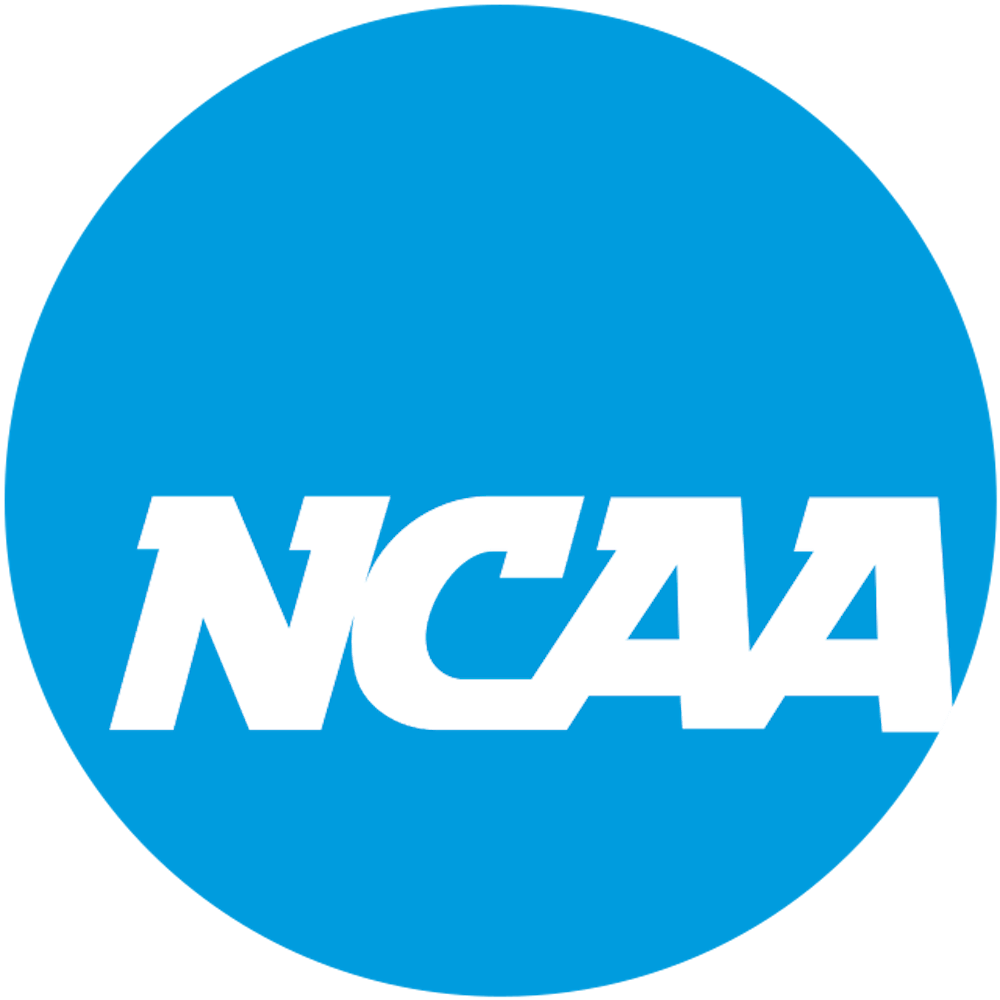This year marks the first presidential election since college athletes earned the right to compensation through name, image and likeness (NIL) deals, opening the door to a new type of political endorsement. A political activism group called Montana Together leaned into this opportunity in August, offering University of Montana student-athletes up to $2,400 to create social media posts endorsing incumbent Sen. Jon Tester (D-Mont.), who was in a close race with Republican challenger Tim Sheehy.
Montana Together messaged student-athletes, “Montana Together is using Opendorse to source athletes for an NIL deal. Who are they looking for? Athletes who attend college in Montana and are interested in spreading the word about Senator Jon Tester and causes you care about.”
Two University of Montana women’s soccer players accepted the NIL money from Montana Together. Tester’s office has denied contact with the NIL athletes or Montana Together. This form of advertising and endorsement is legal, according to Federal Elections Commission regulations, but there is some concern about involving young student-athletes in paid political campaigns. This sparks questions about the role, if any, universities should play in regulating NIL deals involving their student-athletes and politicians. Ultimately, the NCAA must prioritize player and school protection by implementing policies governing NIL deals with political groups while continuing to create opportunities for players to profit from their NIL rights.
Gov. Brian Kemp (R-Ga.) signed an executive order on Sept. 17, allowing direct NIL payments to athletes and protecting them from any punishments from the NCAA. With the NCAA only approving NIL deals three years ago, there is a lack of precedent surrounding the payment of student-athletes. Therefore, student-athletes may be more inclined to participate in political NIL deals under Kemp’s protection, turning even more eyes to Georgia’s pivotal role in modern politics.
Professor of Marketing Mike Lewis wrote in an email to The Emory Wheel that NIL deals have “fundamentally disrupted college sports.”
“It is still an evolving situation and some sort of regulation seems likely, but for now it’s not clear what college sports will look like going forward,” Lewis wrote.
Lewis noted that, except for rare cases, celebrity endorsements often do not impact the outcomes of elections, and college athletes are unlikely to break that trend.
“Taylor Swift might have an impact because her audience is highly influenceable and her fandom is extremely broad,” Lewis wrote. “The average college athlete is unlikely to have a meaningful impact on political outcomes.”
One consideration of the rise of political NIL deals is the pressure that endorsements put on young student-athletes who may not have an authentic connection to the candidate.
With many of their fans being other college students, athletes may receive criticism for representing beliefs they are not completely aware of. These athletes, many of whom are still too young to drink alcohol, will be placed in impossible situations, navigating ways to avoid financial exploitation and uncomfortable endorsements.
These decisions may also present division within the team, affecting athlete performance. One of the primary dictators for attention at the professional level for college athletes is team success. In college football, the cluster of schools that win the most games every year end up having the most players turn professional. For example, since 2000, the University of Alabama has won the most national championships and produced the most NFL players with 137 athletes. Political NIL deals could shift player focus away from team cohesion and success, indirectly affecting the aspirations of players across the country.
Another factor at play is the deals’ effect on the image of the athlete’s university, as political endorsements may suggest that the institution is supporting a specific candidate. This could affect institutions immensely, particularly with important donors and alumni who hold different political views. Currently, schools have the authority to reject any deals that involve alcohol, gambling or endorsement of brands that oppose existing deals. In the future, however, universities themselves might try to regulate political NIL deals as these advertisements could affect enrollment, public support and campus safety.
With these pros and cons surrounding political NIL deals, the NCAA must consider the abundance of conflicts of interest and reputation risks for the players in their conferences. While the NCAA certainly wants to encourage players to earn, they must also prioritize player protection and put policies in place regarding political NIL deals.

Justin Guo (he/him) (25Ox, 27C) is double majoring in Biology and Film and Media on the pre-med track. He is from Cupertino, California and loves the San Francisco Giants and 49ers. He enjoys talking movies, traveling and swimming! His favorite thing to do in Atlanta is thrift at Little Five Points.










